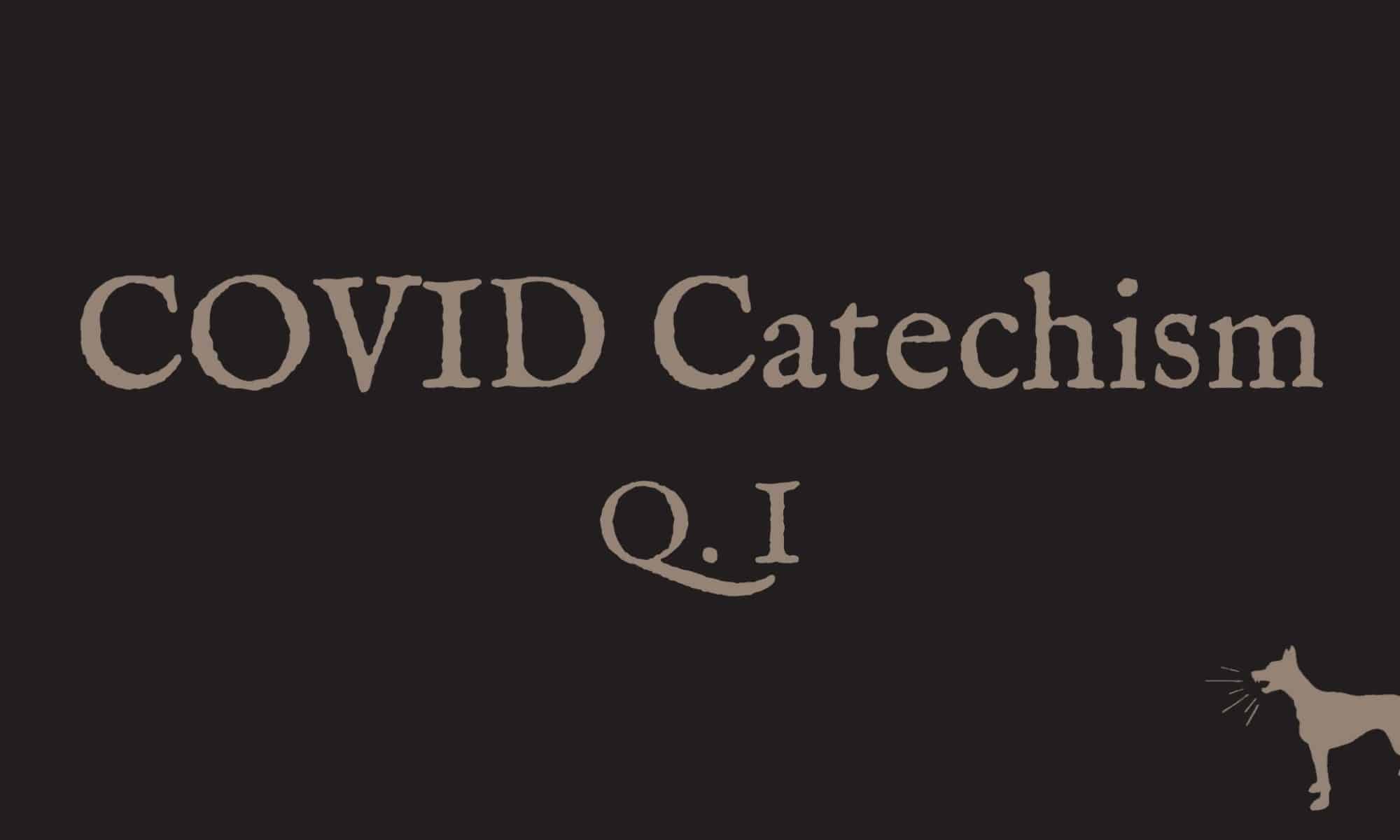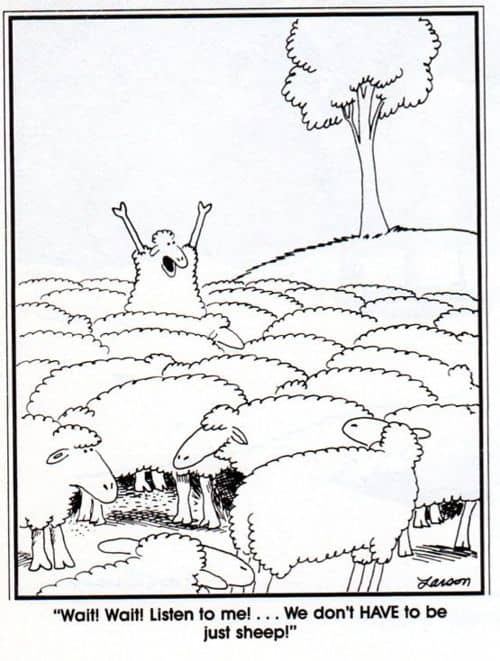Introduction: The coronavirus scare has had a narrative arc. There were the initial troubling reports out of China. Then there was time when the alarm was sounded on the basis of the kind of sensational modeling that has a genius for the limelight. Battle was joined, as this was clearly the moral equivalent of war. …
Shouldn’t Need to Remind Her

At Least Until Then
“I know this is a bull ride at the rodeo. And not eight seconds either. I know I have to ride until the bull pukes.”
COVID Catechism Video Q1
Q. In uncertain times like this, what is the first thing we as Christians should remember? The very first thing to remember in unsettled times like this is that God is in control. God is sovereign over all things, and He is sovereign in this particular circumstance. He is the God of galaxies and He …
Leaving Some Perfect Little Teeth Marks
“She was doing pretty well until about three minutes into his presentation. He gestured expansively, with the kind of gesture that he had found so effective in the impressing of freshman girls, and Maria almost lost it. His right hand moved languidly toward the ceiling, and Dr. Rollins was unable to keep himself from looking at it as it went. The board members, being all men, didn’t notice, but Maria did, and started biting her forefinger.”
In Which I Consider the Propriety of Tying a Bandanna Around My Head and Coming Off the Top Ropes
Introduction: I speak, of course, in metaphors. Yesterday the prime minister of India put a billion people, more or less, into lock down. He did this because there was a "spike" in cases -- ...
More Like Tomoyto
“‘Some might have expected a flood of controversy like this to damage our . . . testimony.’ He remembered just in time that Dr. Tom hated the word brand, and so he veered at the last minute over to testimony. Tomayto, tomahto.”
Our Letter Carrier Takes the Curve
Letter to the Editor: I really appreciate your post - Three Reasons Why the White House Must Not Panic. My husband and I own a small business in Pennsylvania. As news of the coronavirus began ...
Not Ready at All
“The carpet was a rich burgundy color, and the wainscot around the room was a nicely matched cherry. The room was solemn, elegant, dignified, and not ready for the meeting that was about to happen in it.”
Three Reasons Why the White House Must Refuse to Panic
Introduction: I can only imagine what kind of pressure the White House is currently getting, and when the imagination gets going, I think I can describe for you what kind of doomsday scenarios are being played out for them and run by them, with graphs, pie charts, oscillating models on computer screens, and all the …






